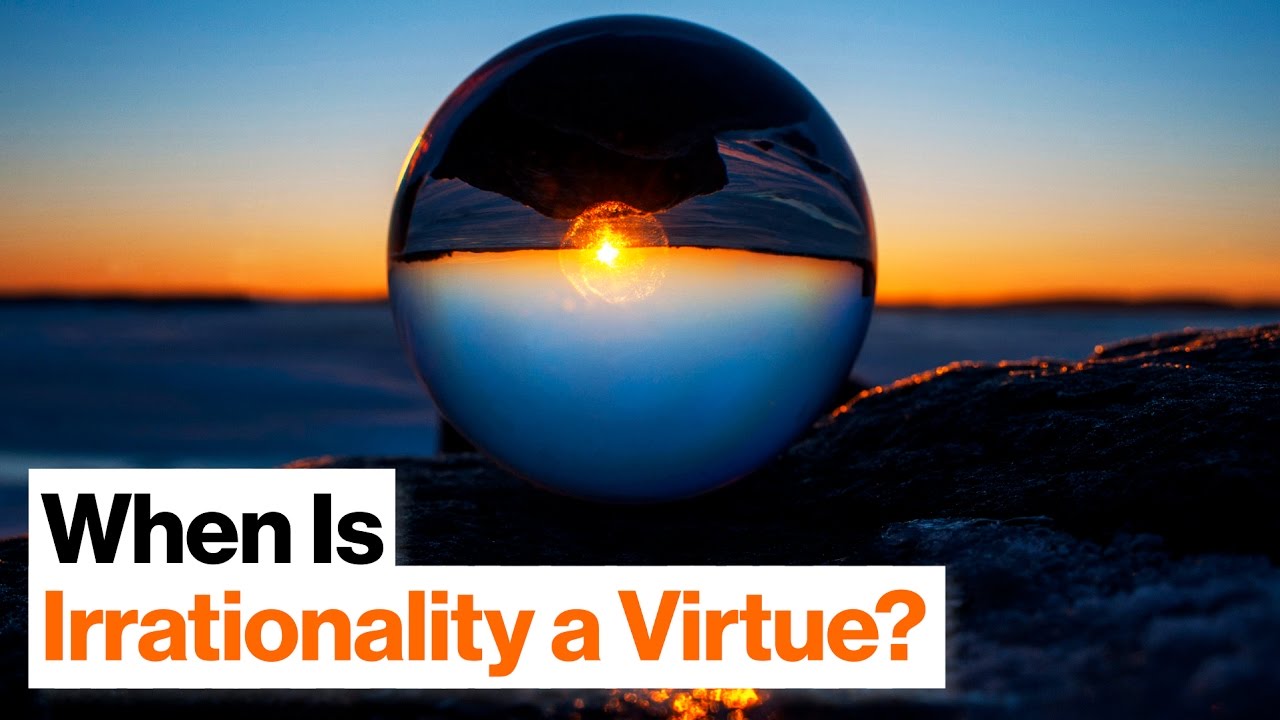How mental sandboxes can help humanity reach new heights (YouTube Content)
| How 'mental sandboxes' can help humanity reach new heights | |

| |
| Information | |
|---|---|
| Guest(s) | Eric Weinstein |
| Length | 00:04:23 |
| Release Date | 11 May 2017 |
| Links | |
| YouTube | Watch |
| Portal Blog | Read |
| All Appearances | |
How 'mental sandboxes' can help humanity reach new heights was a video with Eric Weinstein on Big Think.
Description[edit]
Eric Weinstein is a mathematician, economist and managing director of Thiel Capital.In a recent interview with Rebel Wisdom, Weinstein spoke about the origins of the Intellectual Dark Web, and his theory of how our institutions are plagued by an "embedded growth obligation." Disagreeable people, Weinstein says, could help institutions correct themselves.
Transcript[edit]
We have to embrace the inconsistency of our own minds, not as a bug, but as a feature, that we are in essence, brought here by the forces of selection. We are the products of systems of selective pressures, and what they seem to do is, to create the ability to run many many different programs, and often contradictory programs within the same mind. The question is why have we put such an extraordinary emphasis on intellectual consistency, so that we are constantly alerted to the hypocrisy of others, but we are seemingly blind to it in ourselves.
Our mind is constructed with an architecture that allows us to run various sandboxes, where we can experiment with the ideas of others without actually becoming the other. Can we run another mind in emulation, perhaps not as well as its original owner? But can we run that mind well enough to understand it, to empathize with it, and to argue and spar with it, to achieve some kind of better outcome, where we are actually able to turn foes into dancing partners, as we come to show that we've actually understood perspectives different from our own.
The biggest objection to this way of thinking is that it's somehow a kind of a cheat that hypocrisy is being summoned by another name. But I think this is actually incorrect. I think that we have these sandboxes, for example, so that we can fight more effectively a foe, that we feel we must defeat. So for example: recently I talked about the importance of being able to run a "Jihadi sandbox" in our minds, if we want to understand the forces that are behind Islamic terror, and its effect, on what I think are relatively fragile western sensibilities about life and death.
And so if we if we choose not to empathize with the other, to say, that so much as beyond the pale, we are probably not going to be very effective in understanding that the other does not see itself as evil. It does not see itself as an enemy that must be fought. I don't necessarily need to agree with it, but to demonstrate that I can't even run the program, simply for the purpose of social signaling seems the height of folly.
How do we hope to become effective if we can't guess what the other will do next? There are limits to this, we have to have a certain kind of consistency of mind. But the idea that you can't be capable of running a diehard rationalist materialist atheist program, as well as a program that says perhaps I will open myself to transcendental states. And if I need to anthropomorphize those as coming from a deity... perhaps the idea is that that architecture is not what a Richard Dawkins would suggest: as a kind of mind virus, but in fact, it's a facility that we choose to deny ourselves at our peril.
What if we're trapped on a local maximum of fitness, and in fact, we need to get to higher ground. But the idea is that the traversal of the so-called Adaptive Valley, where we have to make things much much worse, before they get much better. What if the idea is that cannot generally be attempted rationally, that we need a modicum of faith, a belief, that we cannot reference to any sort of information set. We could end up trapped on local maxima forever. But I think it's really important to consider that some people may be able to traverse the Adaptive Valley without belief in a deity, some may need a temporary belief in a deity; some may be able to reference some sort of a transcendental state, and steel ourselves, in order to make the journey.
But however it is accomplished, there are times when it would appear that all hope is lost, and that if we are not to end our days stuck on these local maxima, whatever we have achieved, that we have to fundamentally experiment with ways of thinking, if only temporarily, to get us to higher ground.
